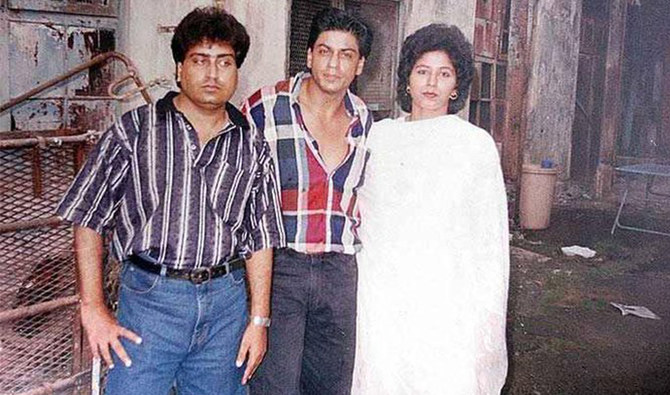PESHAWAR: The warring tribes in violence-hit northwestern Kurram district have reached a consensus on all contentious points but a formal agreement between them will be signed in the next two days, an official of Pakistan’s Khyber Pakhtunkhwa (KP) province confirmed on Sunday.
Kurram, a northwestern district of around 600,000 people in KP, has long been a hotspot for tribal and sectarian violence, with authorities struggling to maintain control.
The area’s situation has necessitated travel in convoys escorted by security personnel, yet it failed to prevent an attack on Nov. 21, when gunmen ambushed a convoy, killing 52 people. The attack sparked further violence and road closures, restricting access to medicine, food and fuel in the region as casualties surged to 136.
A grand jirga, or council of political and tribal elders formed by the provincial government, has been attempting to mediate between the rival Sunni and Shia factions this month as protests in Parachinar, the main city in Kurram, have also spread to the southern port city of Karachi.
“Efforts to settle the century-old Kurram dispute are going ahead as members of the jirga have reached a consensus,” Muhammad Ali Saif, the KP government’s spokesperson, said in a statement.
“The Ahle Sunnat side has requested a two-day break to hold their internal discussions,” he said, adding that the jirga will reconvene on Tuesday.
Saif said both warring factions were showing progress in heading toward lasting peace and reaching a settlement to their dispute.
Last week, Saif said authorities had decided to dismantle private bunkers, observation posts used in the fighting by both sides, and given a deadline of Feb. 1 for tribesmen in Kurram to hand over heavy weapons.
Local tribesmen have so far reportedly refused to surrender their weapons, citing concerns about their safety.
Munir Bangash, a Sunni tribal elder and a member of the jirga, confirmed to Arab News that his faction had sought two days to hold consultations before signing the agreement.
“There are no hurdles left in signing the peace agreement but we sought to days’ time to consult all and sundry of our tribe,” Bangash said. “I’m sure there is no hurdle. Everything will be okay after two days.”
Professor Jamil Kazmi, a member of the jirga representing the Shia faction, however, did not seem optimistic about the jirga brokering a permanent solution to the Kurram dispute.
He said certain elements had their “personal vested interests,” without elaborating what those interests were or identifying those elements.
“Yes, an agreement has been reached which will be signed by both parties but I fear the issue can’t be settled on a permanent basis because some elements always sabotage peace efforts,” Kazmi told Arab News.
While the talks continue, the KP government has launched a helicopter service to evacuate people and transport aid and medicines to Kurran as a major highway connecting the district’s main city of Parachinar to the provincial capital of Peshawar has been blocked since last month, triggering a humanitarian crisis with reports of starvation, lack of medicine and oxygen shortages.
In a meeting on Monday, the KP cabinet decided to establish a special police force to secure the Peshawar-Parachinar road, for which 399 people would be recruited.
Shia Muslims dominate parts of Kurram, although they are a minority in the rest of the country. Militant groups like the Pakistani Taliban and Daesh have previously targeted the minority group in the district.
















